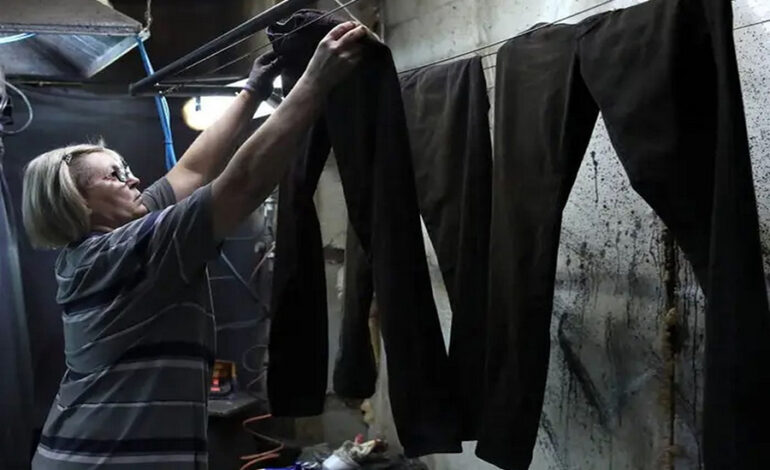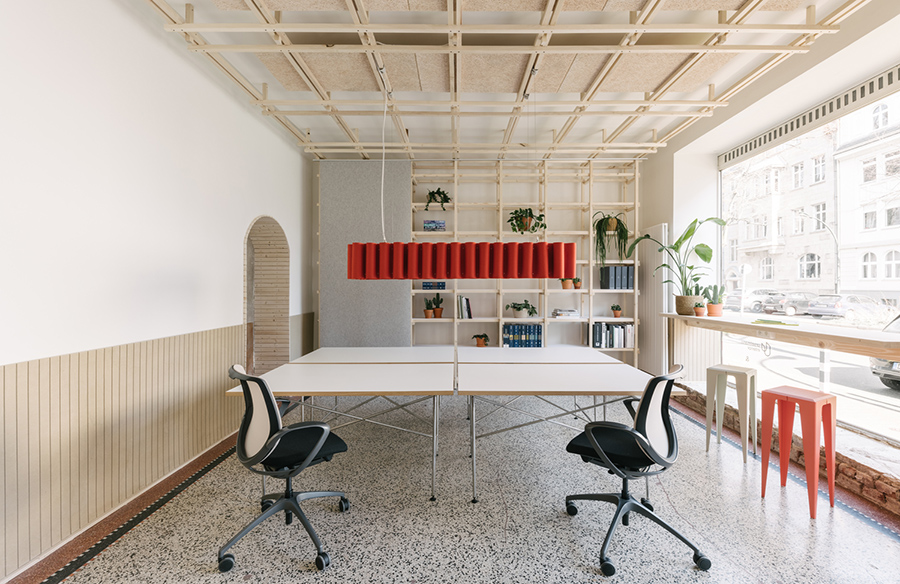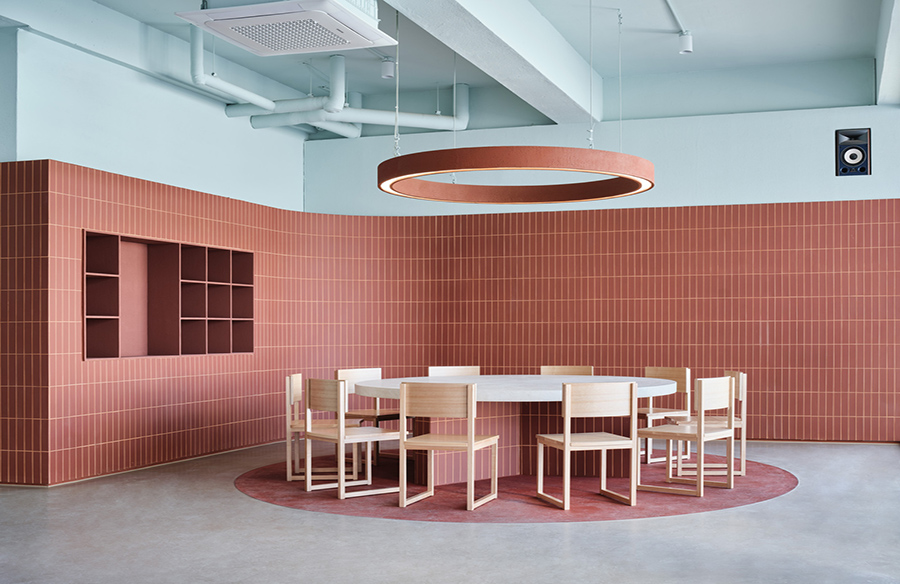Rethinking Denim Dyeing A Sustainable Solution Emerges

The Environmental Impact of Traditional Denim Dyeing
The process of dyeing jeans blue has long been recognized as detrimental to the environment. Traditional methods involve the use of toxic chemicals, such as sodium hydrosulfite, and massive amounts of water, resulting in pollution of local waterways.
Jeans, a wardrobe staple for many, also contribute to environmental degradation through their production and care. The shedding of microfibers during washing and the recommendation to wash jeans infrequently to preserve their integrity further compound the environmental footprint of denim.

A New Approach: Wood Pulp-Based Dyeing
Researchers at the University of Georgia have proposed a revolutionary solution to the environmental challenges posed by denim dyeing. Led by Professor Sergiy Minko and PhD candidate Smriti Rai, the team developed a novel dyeing technique using wood pulp-derived cellulose nanofibers.
In their study published in the journal Green Chemistry, indigo particles were combined with cellulose nanofibers and chitosan, a natural sugar obtained from sources like seafood waste. This mixture, when applied to untreated denim, forms a hydrogel that encapsulates the indigo particles, ensuring their adhesion to the fabric without the need for toxic chemicals.
Environmental Benefits and Efficiency
The wood pulp-based dyeing method offers several environmental benefits compared to traditional dyeing processes. It eliminates the use of toxic chemicals, reduces water consumption, and shortens drying times. Moreover, the resulting denim maintains the same thickness, weight, and flexibility as conventionally dyed denim.
According to the University of Georgia’s research, dyeing a pair of jeans using the new technique requires significantly less water compared to traditional methods. This innovation has the potential to revolutionize the denim industry by reducing its environmental footprint and paving the way for more sustainable practices.
Future Outlook
As concerns about environmental sustainability continue to grow, the fashion industry faces increasing pressure to adopt eco-friendly practices. Sergiy Minko believes that even small changes in denim manufacturing can have significant impacts, signaling a potential shift towards more sustainable alternatives in the fashion industry.














